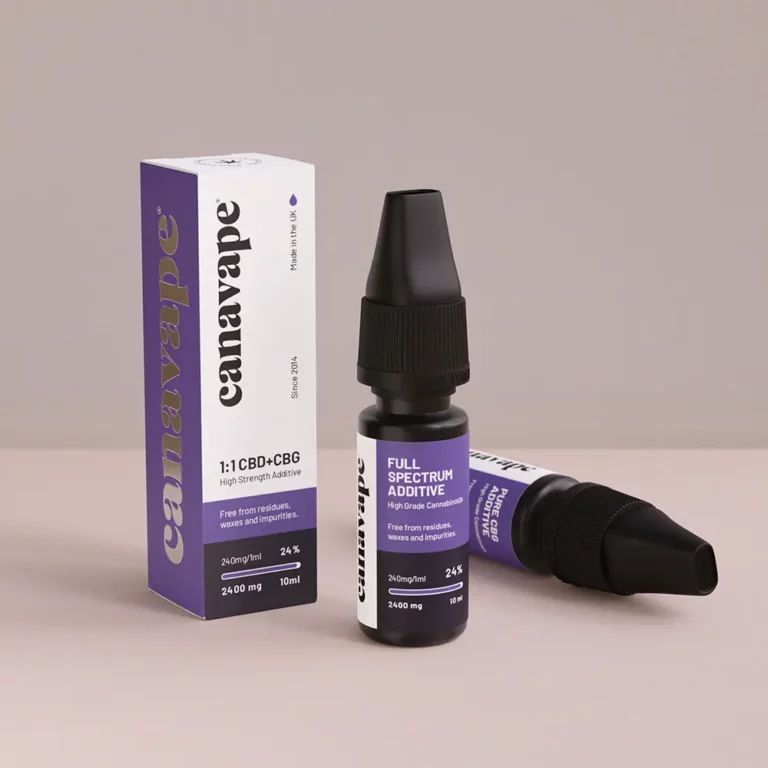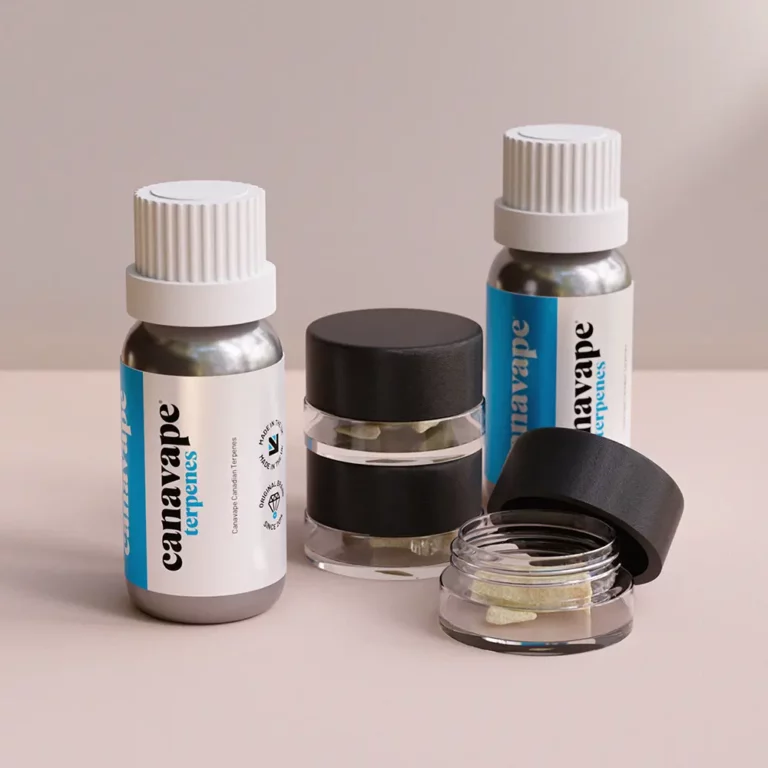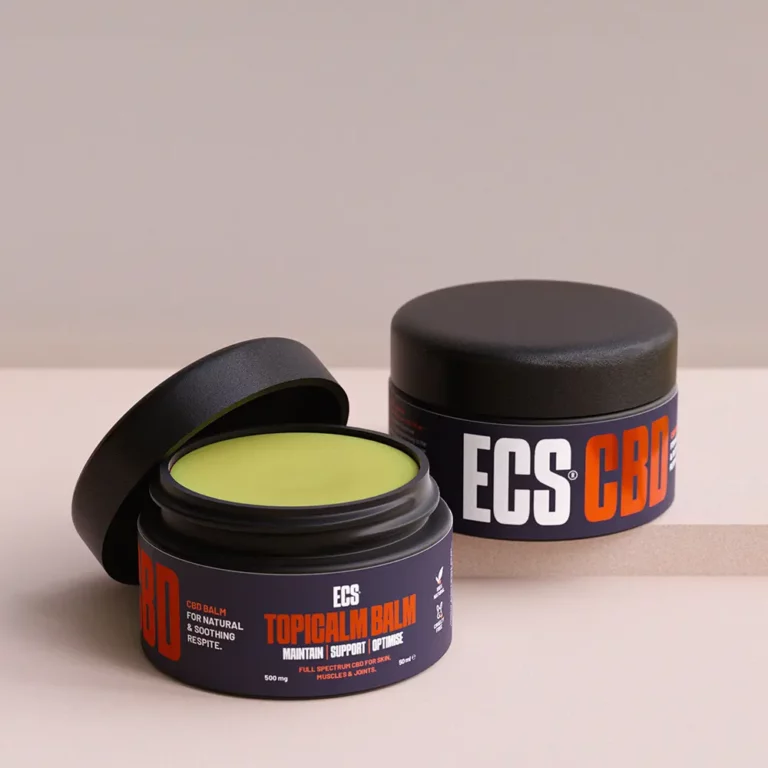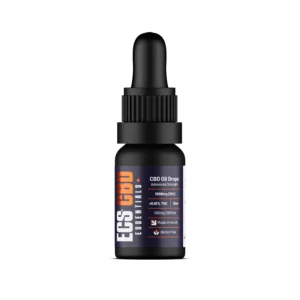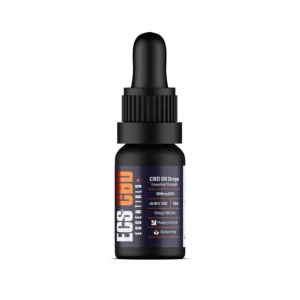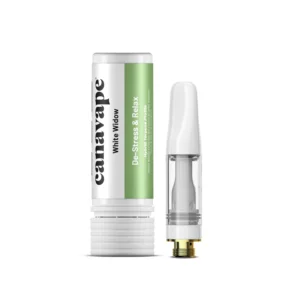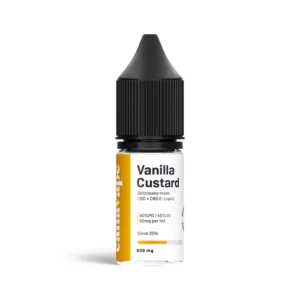Cannabis terpenes are organic compounds found in the essential oils of the cannabis plant. They are responsible for the distinct aroma and flavor of different cannabis strains. Terpenes are not unique to cannabis; they are found in many plants and fruits, contributing to their scent and taste.
There are over 100 different terpenes in cannabis, each with its own unique properties and potential benefits. Some of the most common terpenes found in cannabis include myrcene, limonene, pinene, and linalool. Myrcene, for example, is known for its sedative effects, while limonene is believed to have mood-boosting and stress-relieving properties.
Terpenes work in synergy with cannabinoids like THC and CBD to produce the overall effects of a particular strain. This phenomenon is known as the entourage effect, where the combination of different compounds enhances the therapeutic benefits of cannabis.
Terpenes also play a role in determining whether a strain is more energizing or relaxing. For example, strains high in limonene may be more uplifting and invigorating, while those with high levels of myrcene may be more sedating and calming.
In addition to their aromatic qualities, terpenes may also have therapeutic properties of their own. Some research suggests that certain terpenes may have anti-inflammatory, analgesic, or anti-anxiety effects. However, more studies are needed to fully understand the potential benefits of terpenes in cannabis.
Overall, cannabis terpenes are an essential component of the plant’s complex chemistry. They contribute to the overall experience of consuming cannabis, influencing both the sensory and therapeutic effects of different strains. By paying attention to terpene profiles, consumers can better tailor their cannabis experience to suit their individual preferences and needs.



